A Channel Manager
to win every search
Listing on multiple channels shouldn`t require multiple logins and manual updates. Connect to 60+ channels with best-in-class integrations.
Your single gateway to
unlimited guest reach
Synchronize everything from rates to reservations in real time to maximize reach and minimize errors. Guesty's Channel Manager automates it all.
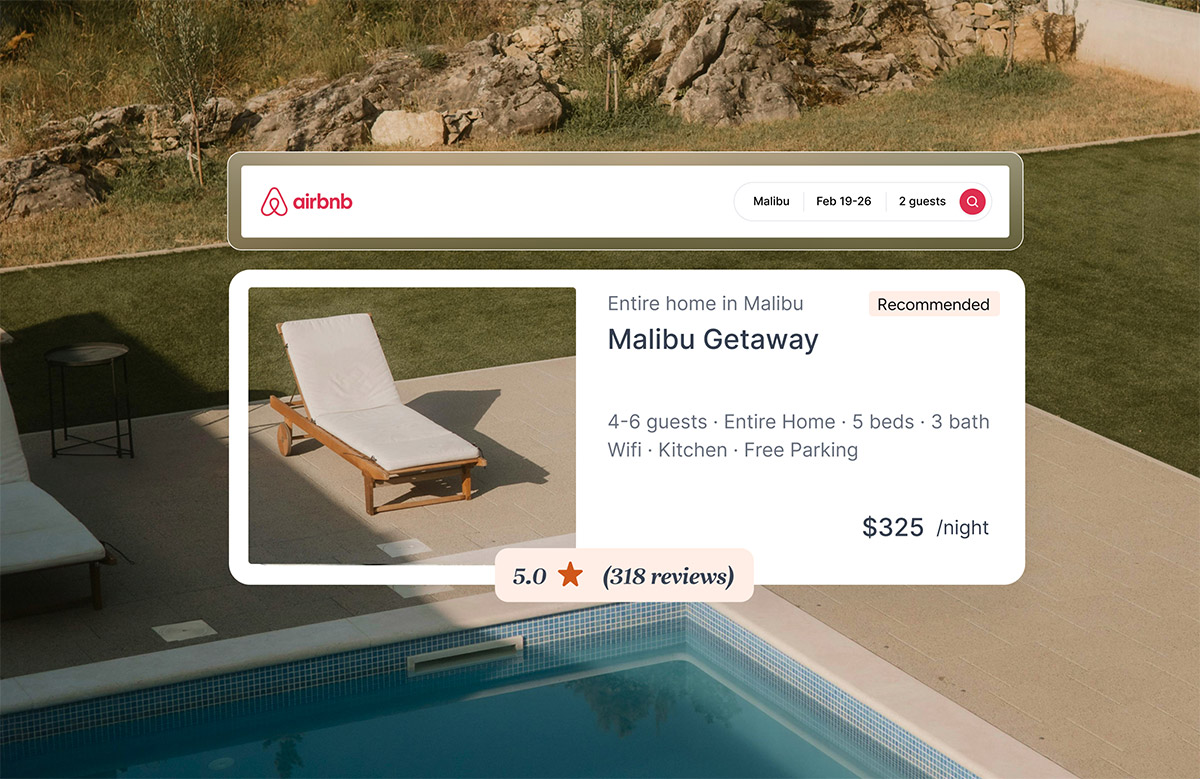
Enhanced channel connectivity
Receive best-in-class support and seamless integration with industry giants: Airbnb, Expedia, Vrbo, and Booking.com.
Maximize market presence
List your properties on 60+ channels worldwide to boost visibility, tap into new markets, and expand your reach.
Real-time sync
Eliminate double bookings with lightning-fast automatic reservation updates across all channels.
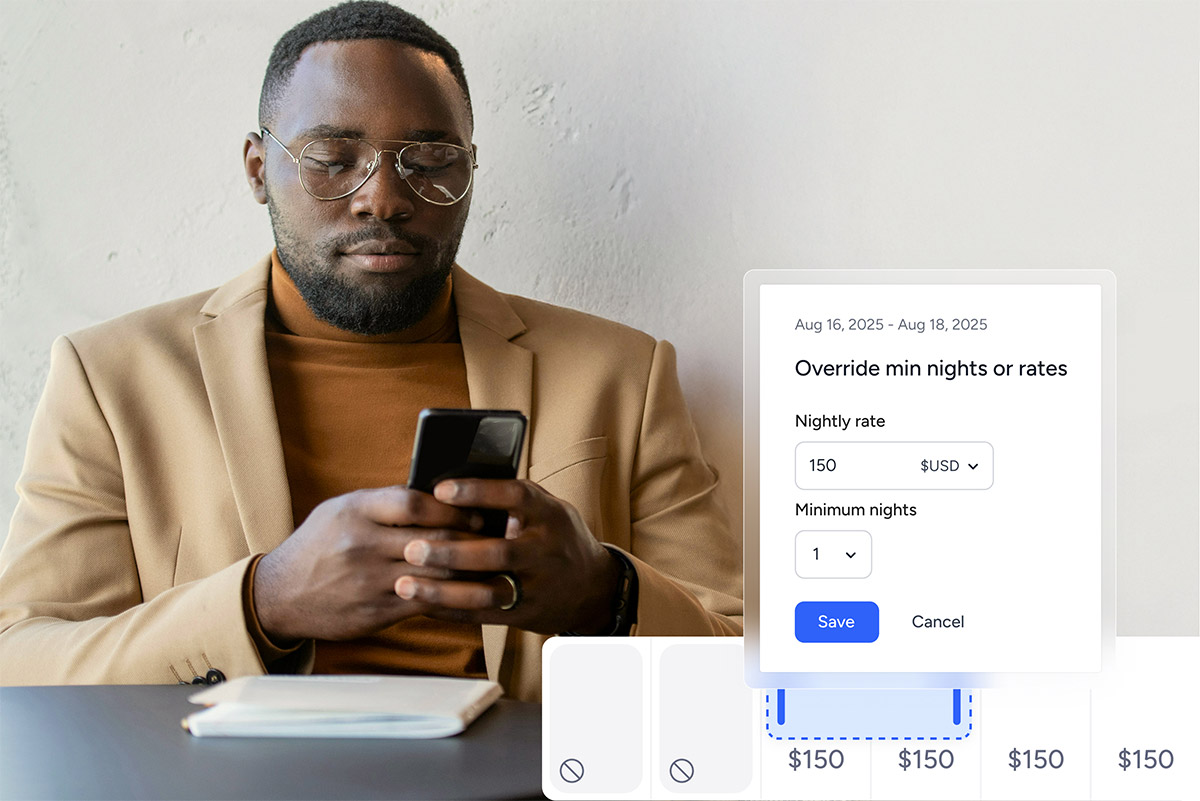
End platform switching
Control everything from one dashboard. From property updates to advanced channel customizations, maximize your potential on every OTA.
Channel management,
perfected
Instant channel onboarding
Add new channels in a click to diversify your distribution network and grow your outreach

Channel-specific pricing
Customize rates, markups, and promotions for each channel to maximize revenue

Unified messaging
Manage all channel communication in one place to never miss a guest conversation

Automated data sync
Keep property details, photos, and amenities consistent across all channels automatically

Advanced booking management
Prevent double bookings with real-time calendar updates and automatic availability sync


Effortless integration with
every hospitality platform

Agoda

Airbnb

Blueground

Bnbfinder
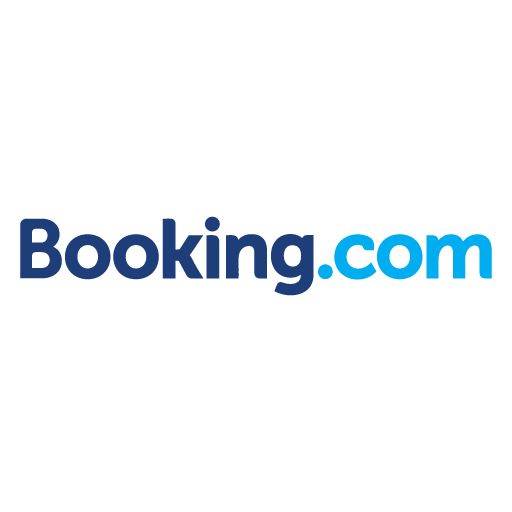
Booking.com

Capital One

Expedia

Glamping Hub

Google Travel

Holidu

Homelike

Homes and Villas by Marriott Bonvoy
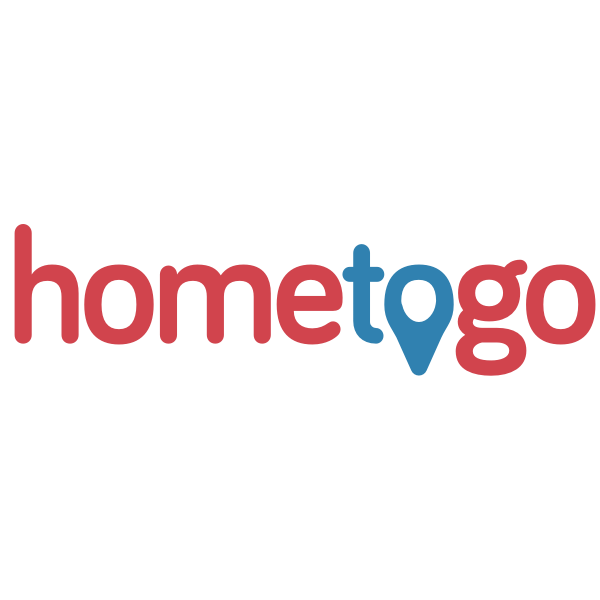
HomeToGo

Hopper

Lekkeslaap

Plum Guide

Rentalz

Smiling House

TravelStaytion

Travia.is

Trip.com

Vacayhome
Villa Tracker

Vrbo

Whimstay

Nestpick
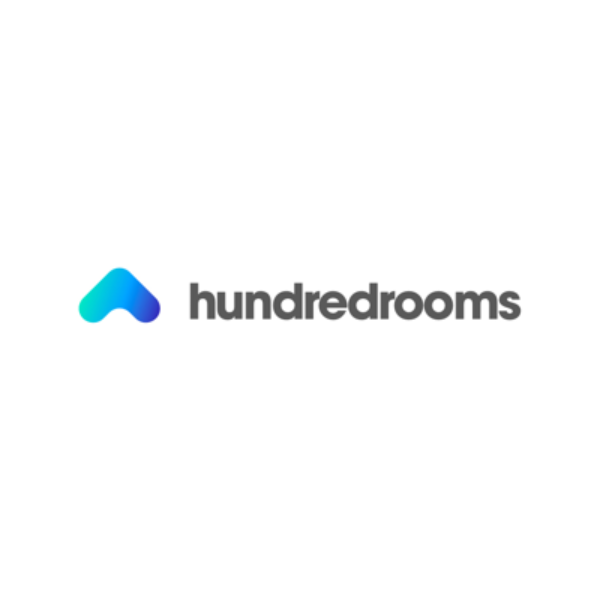
Hundredrooms
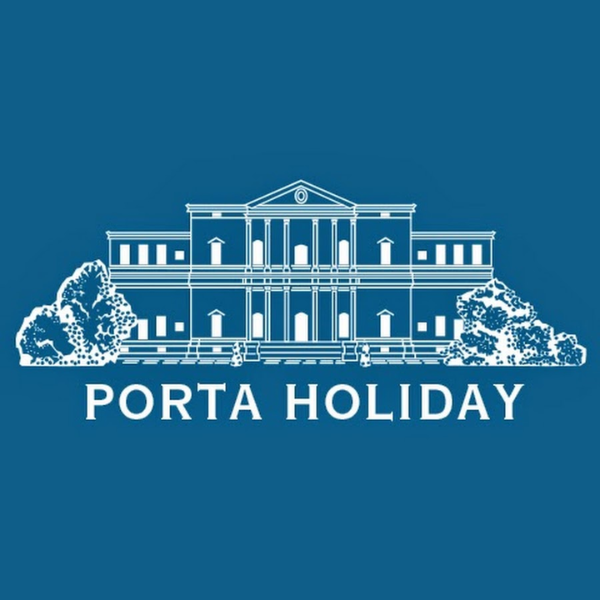
Porta-Holiday

Spain-Holiday

Amivac

Casamundo

Case Vacanza
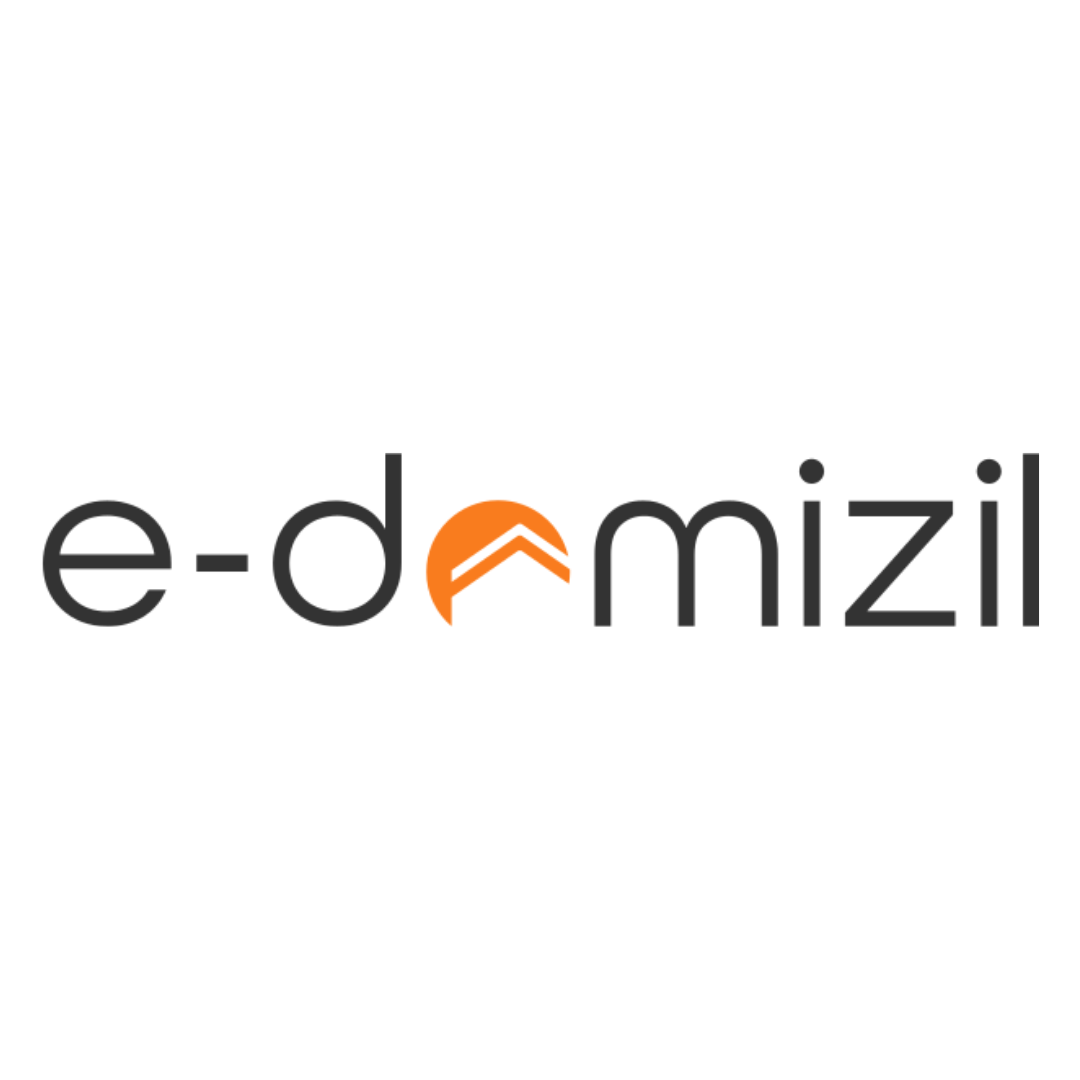
E-Domizil

Escapada Rural

Mediavacances
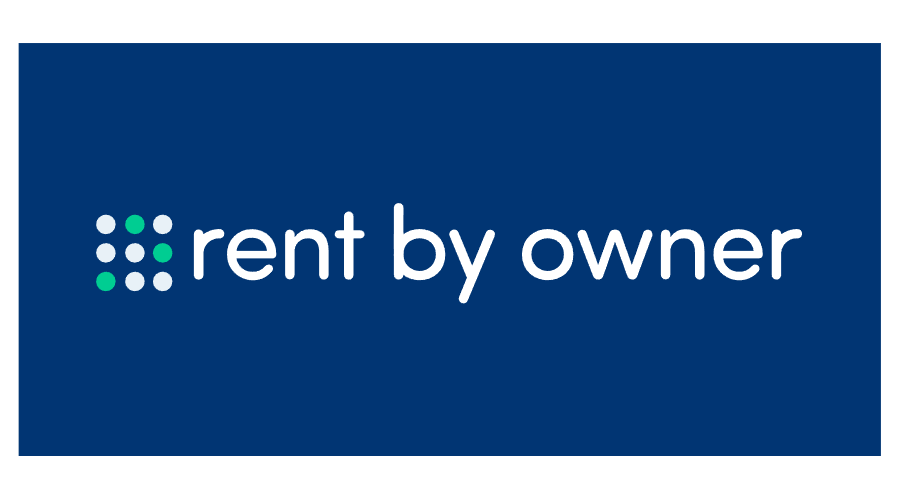
Rent By Owner

Tripping
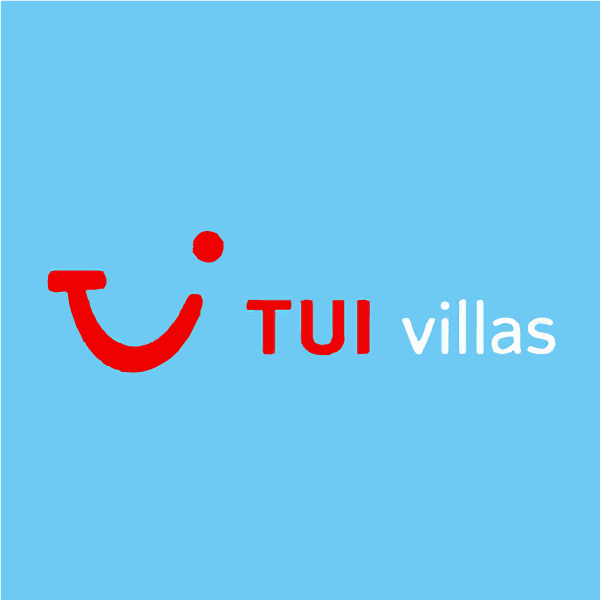
TUI Villas

Wimdu
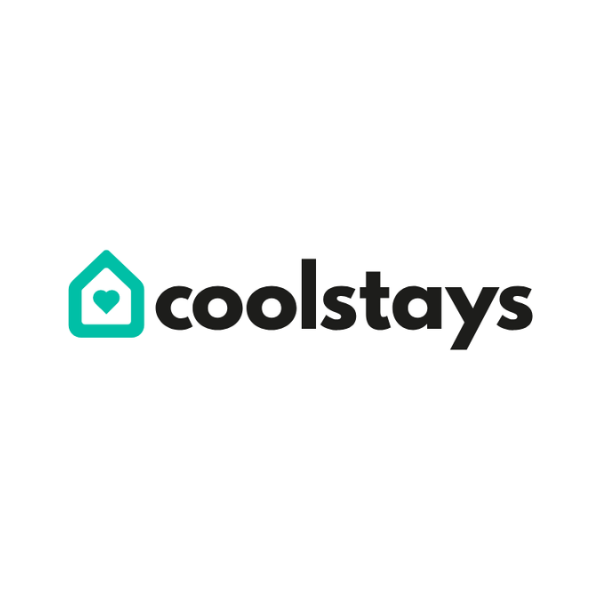
Coolstays

Fabulous Holiday Cottages

Five Star

Bookabed
New Releases
Now available: a new way
to stay on top of messages
Activate personalized responses with a click, From automated translations to sentiment analysis, ReplyAI makes your guest communication more powerful.
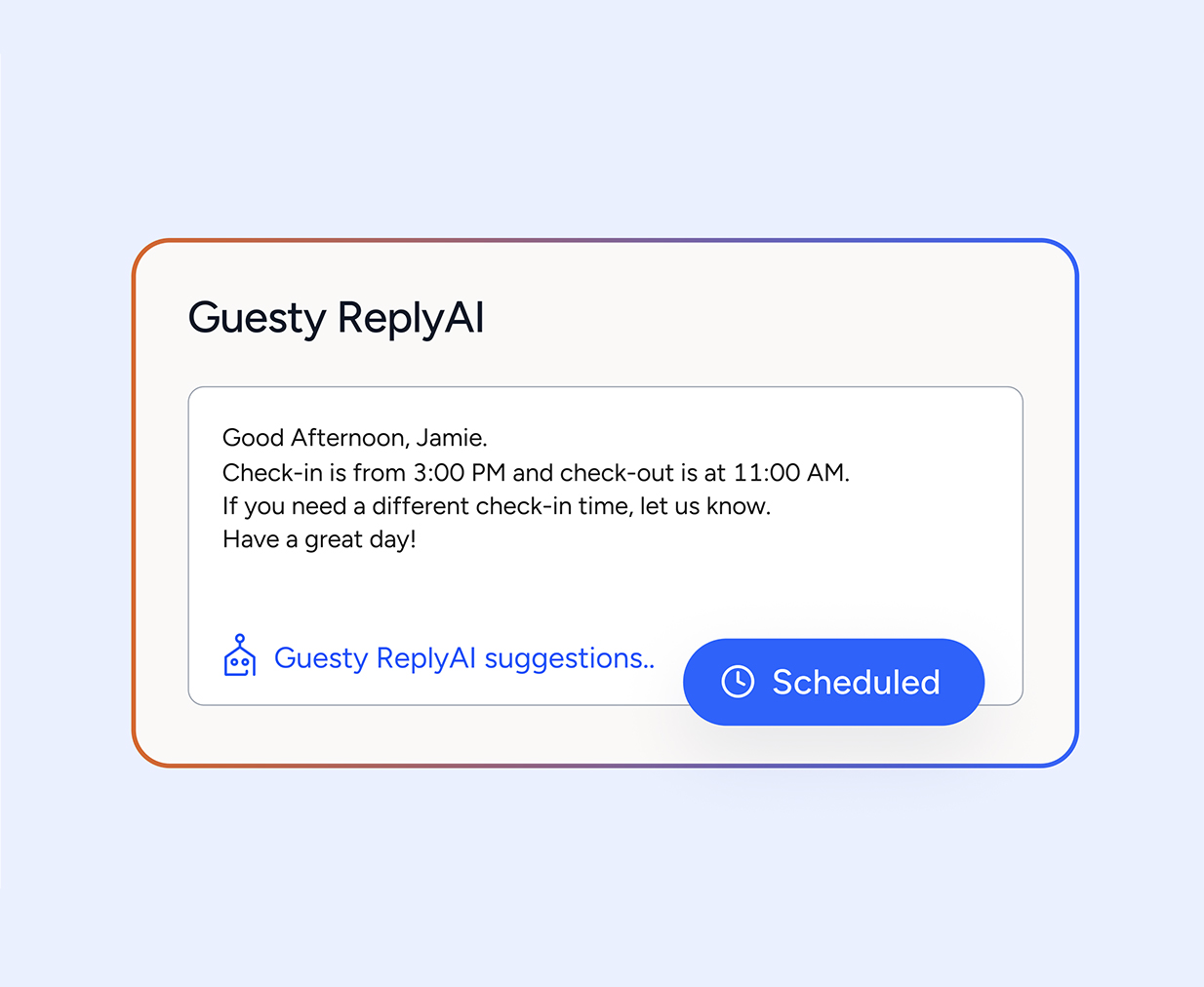
More reasons to love
Guesty's Channel Manager
Guesty's Channel Manager is super important to ensure that we don't have any double bookings and that we don't have any errors within the reservations.
The ease of loading properties on the various platforms is just a godsend.
Guesty gives us the opportunity to be on all platforms at the same time. Airbnb, Booking.com, Expedia, you name it. You never have to leave the Guesty system.
Frequently asked questions
Here's what some of our
customers needed to know
before signing up
Why do I need a channel manager?
A channel manager makes it possible to list your property on more than one online travel agency without having to manually update availability or run the risk of double bookings. With a channel manager, you can create your listing once and have it appear on several booking channels. Data such as reservations and cancelations are synced automatically, so you never have to worry about a booking coming in in the middle of the night.
How can a channel manager save you time?
Without a vacation rental channel manager, property managers who list on multiple channels will need to spend hours of their workweek logging into each channel independently in order to publish new listings, update existing listings and block off unavailable dates that were booked on other channels.
A channel manager gives you one central location from which you can add and update listings and it will then push that information to each of your channels. Likewise, it will pull reservations from your channels and sync all of your individual calendars so that only available dates are bookable through each channel.
How does a channel manager prevent double bookings?
By synching data and facilitating “communication” between your various channels, a channel manager for vacation rentals ensures each channel blocks off unavailable dates in your multi calendar that have been reserved through other sources. For example, a channel manager integrated with Airbnb and Booking.com will not allow Airbnb users to book dates that have been reserved by Booking.com users and vice versa.
This ensures that two different guest parties do not book the same listing for the same dates, which will force the property manager to cancel on one guest party, and is important because cancellations damage the property manager's reputation in the eyes of both guests and OTAs.
What are the key advantages of Guesty's Channel Manager?
Guesty's Channel Manager is the only channel manager that provides you with the highest level of integration across all the top online travel agencies as well as real-time sync. Additionally, it allows you to connect to 60+ booking channels — more than any other property management system.





